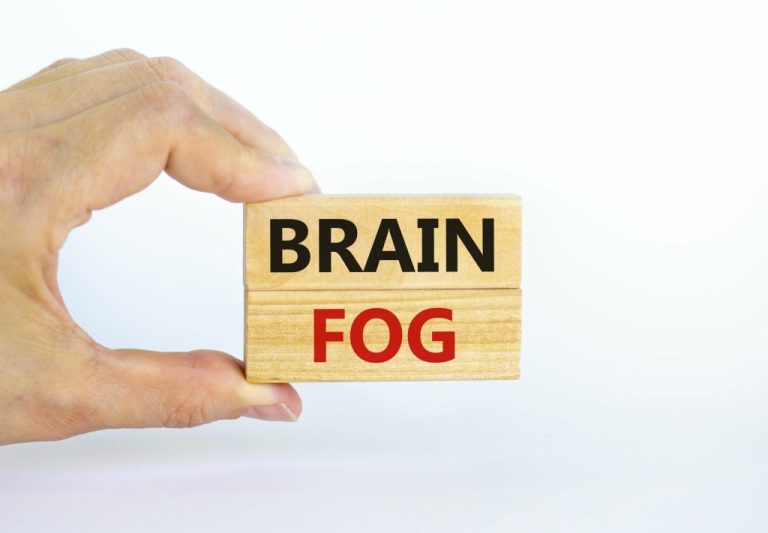However, it’s worth noting that even occasional drinking can cause these temporary visual impairments. Toxic optic neuropathy (TON) is another potential complication caused by long-term alcohol consumption. Exposure to toxins, such as alcohol, can permanently damage the optic nerve and impair a person’s vision. Chronic alcohol abuse may lead to deficiencies in vitamin B12 and folate, which can also contribute to the development of TON.
Alcohol abuse can take a toll on your eye health.
Your eyes and brain do not work together as they should when you are dehydrated because your vision becomes unclear and your eye movements are sluggish. As a diuretic, alcohol can lead to dehydration, which often results in dry, bloodshot eyes. This dryness can cause discomfort and may increase the risk of eye infections if it occurs frequently. If you do have noticeable changes, it’s important to have an eye examination.
(CME Track) Revolutionizing nAMD and DME Management: Collaborative Strategies in the Age of Durable Treatments
Alcohol disrupts the brain’s ability to distinguish contrasts, making it harder to judge depth or distance. This can make things appear fuzzy or doubled — a common early sign of alcohol’s effect on vision. Our team of doctors consists of board-certified ophthalmologists and experienced eye surgeons who have seen firsthand how lifestyle choices impact vision health. With over 50,000 eye surgeries performed, our team emphasizes the importance of early detection and lifestyle adjustments in managing AMD. Since there’s no cure, managing risk factors is key to manage macular degeneration. That’s why questions like does alcohol make macular degeneration worse continue to be researched.
If you experience any vision changes or eye problems after drinking alcohol, get immediate medical attention from an eye doctor. Early detection and treatment are crucial in preventing vision loss and complications. Restoration of clear eyesight takes time and consult with drug addiction experts at CT Addiction Medicine. Committed eye muscles that fail to communicate properly with each other cause double vision or impaired vision. Your eyes will stay blurry longer when your muscle recovery combines with extreme tiredness.
Treatments
To understand the amount of alcohol required to affect vision, we first must discuss alcohol blood levels. Sensitivity to light is probably the most well-known side effect of a hangover. This vision problem can also affect inebriated people; however, they may have had too much to drink to remember. If someone is suspected of having nystagmus, they will likely undergo a CT scan or an MRI to get a scan of the brain. Often, these rapid eye movements are due to neurological problems in the brain.
Additionally, he reported an inability to drink and eat because of fatigue during the previous day. Yes, chronic alcohol use can lead to permanent conditions like optic neuropathy, macular degeneration, and early what is alcoholism cataract development, all of which can impair vision long-term. Alcohol consumption can have both short-term and long-term effects on vision.
(CME Track) The Neural Network: Exploring The Role of Neuromodulation in Dry Eye Disease Management
As it’s metabolised in the liver, alcohol increases the levels of oxidative stress in the body. Even light-to-moderate drinking has been shown to reduce antioxidant enzyme activity and lower circulating antioxidant levels. This reduction in antioxidant capacity weakens the eye’s defences, particularly in the macula, where oxidative damage is strongly linked alcohol and vision loss to Age-related Macular Degeneration (AMD). After admission, fluid infusion, insulin injections, and supplementary glucose and vitamin B1 were initiated. As the patient’s circulation and consciousness were stable on admission, we did not use bicarbonate.
What other lifestyle factors may affect AMD?

Alcohol increases the production of free radicals, unstable molecules that can damage the protein in the lens. With extra production, the body’s ability to detoxify free radicals can’t keep up, causing an imbalance. This stress on the eyes is a significant factor in causing cataracts. There may be a link between moderate to high alcohol consumption and AMD.
When we focus on the specific impact on our eyes, it’s essential to understand that our eyes rely heavily on these neurotransmitter signals for proper function. Eye muscles need to coordinate accurately to focus on objects at different distances, and pupils need to adjust size rapidly in response to changes in light levels. Alcohol, as a central nervous system depressant, slows down the communication speed of these neurotransmitters. This slowdown means that the instructions our brain sends to different body parts, including our eyes, are not transmitted as efficiently or effectively as without alcohol.
- Alcoholism reflects its’ unhealthy toll on the body through optical appearances the same way good health does.
- Double vision refers to a side effect caused by extreme intoxication.
- These blood sugar spikes cause blurry vision, which becomes more dangerous when you combine the effects with reduced visibility during evening darkness.
- Indicators of alcohol-related visual defects are very easy to spot if you know the perceivable distinctions.
Nonetheless, experiencing consistent eye pain or itchiness without evident redness is still a strong symptom of alcoholic eyes. If alcohol is involved, this symptom is a clear-cut red flag of alcohol abuse and addiction. Get the help you need and enroll in a treatment program now to begin your healing journey. In some cases, bloodshot eyes may not be the most apparent sign of alcoholic eyes.

Preventing and Managing Alcohol-Related Vision Issues
The calories in alcoholic drinks are “empty,” meaning they contain little nutritional value. This reaction raises your blood sugar levels while your body metabolizes the alcohol. These blood sugar spikes cause blurry vision, which becomes more dangerous when you combine the effects with reduced visibility during evening darkness. Lowered inhibitions when drinking alcohol can lead to impulsive behavior—engaging in behaviors without considering the potential consequences of your actions. The impairing effects of alcohol on cognitive functioning—including concentration, thinking, reasoning, and decision-making—play a role in increased impulsivity while drinking. Although the appearance of alcohol eyes may be temporary, continuous alcohol use can lead to long-term effects on the eyes and vision.
